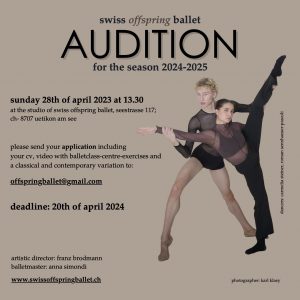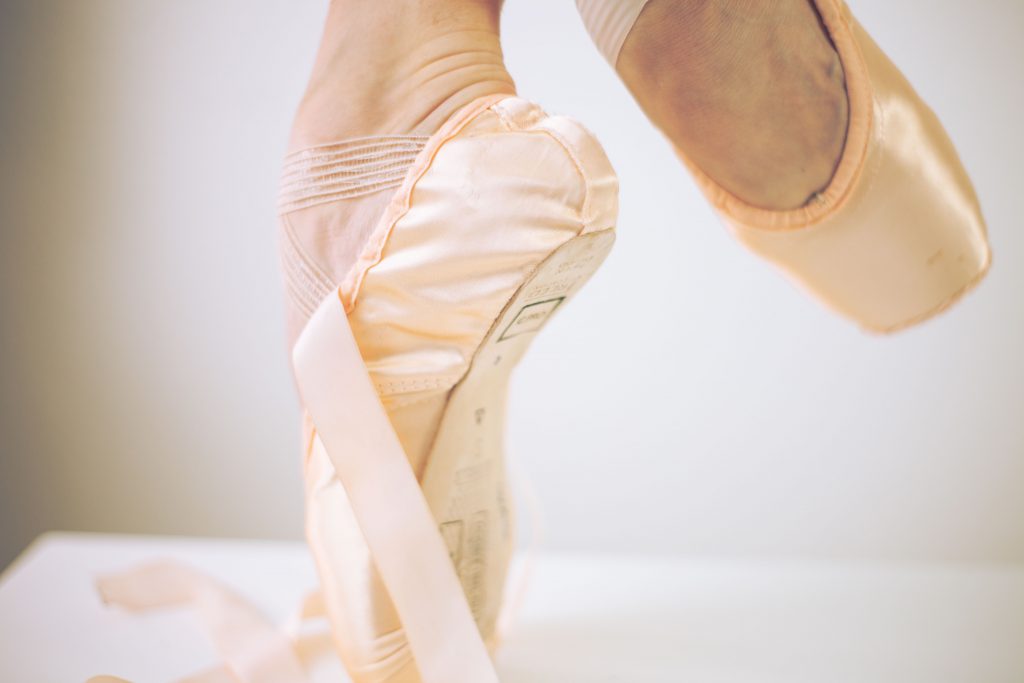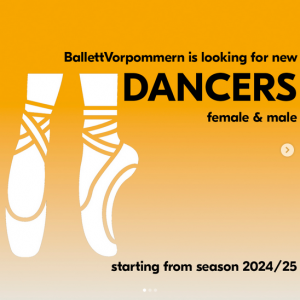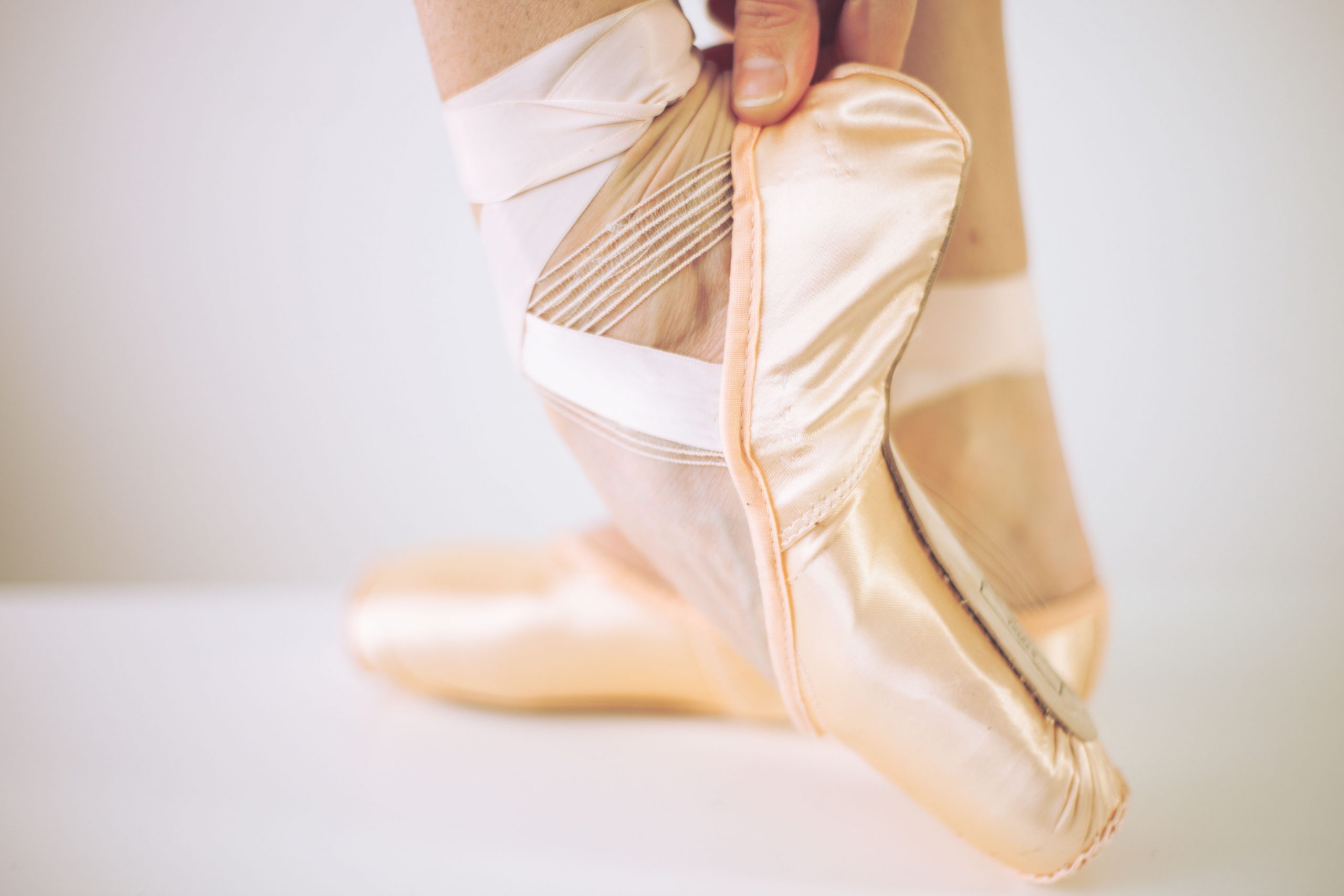
Five Signs of a Burnout

What is a burnout and why does it happen…
A burnout is when you push your mind and body too hard causing it to break down either emotionally or physically. Each are equally dangerous and need to be addressed. But wouldn’t you prefer to not break down at all?
As dancers we are taught to push our body till absolute breaking point. This cause us huge psychological and physical issues and trauma. Burn out is your body’s way of screaming at you, telling you “you have pushed yourself too far.” It is your body’s voice saying it needs a break, it needs time to recover. As dancers we were often taught to tell this voice to keep quiet and would push ourselves into very dangerous situations often resulting in injuries and psychological traumas.
Wouldn’t you prefer to not reach your breaking point? In this article I will tell you a few examples of how to listen to your body and how to, essentially, avoid being spread too thin. But the best way to avoid it is to prepare yourself.
1. Understanding Your Pain
When your body is hurting it is trying to tell you something. LISTEN. Learn to understand it. As dancers, we are trained to be highly aware of our bodies. But do you listen close enough to understand its different warning signs?
Good pain vs bad pain
Pain is often a reflection of something new…
Either your body has been forced into a ‘new’ alignment (essentially pushed out of its alignment) and is causing discomfort. Or perhaps you engaged “new” muscles that you rarely use. Or maybe even you push a tendon too far and this “new” feeling is trying to tell you something is very wrong here…
You have been growing up with this body your whole life, it deserves the respect to be heard.
When your body is in pain, ask yourself a few questions and reflect on it:
Where is the pain?
On a scale of 1 – 10 (1 being okay and 10 being extremely bad) how bad is this pain?
What did I do yesterday or now that could be causing this pain?
When did I notice the pain beginning?
What was I doing or what did I do that could have initiated it?
If I continue will the pain get worse, or does it feel better?
When my muscles are warm is the pain better or is moving just too painful?
The problem with not listening to your body is you will, in most cases, cause more harm to yourself than necessary. Hearing and responding to the pain you feel will allow your body to learn to “trust you”, jumping in blindly and pretending everything is fine will cause you more damage, more often than not, in the (short) future.
When I say “good pain”, I mean the “pain“ of having worked a muscle the day before. Think about how you feel after running or doing weights or swimming. Your muscles have a reaction to the exercise they were engaged in. Or think about your physiotherapy or chiropractor appointment. Often the day after you can feel discomfort. Usually this is your body adjusting to your treatment. If you were out of alignment, the adjustment back may be uncomfortable for a day or two until your body gets use to its “new normal alignment”
Bad pain is the pain that often leads to injuries if ignored, this is the type of pain you need to be aware of. When your Achilles tends feel so tight that the slightest movement is painful – pushing through jumps or doing exercises on relevé would not be a clever choice. Working through pain is fine, as long as you are aware of the type of pain you are in. don’t push your body to its breaking point.
Learn to be so tuned-in to your body, that you can know how to manage your pain and treat it when necessary.
2. Fatigue. Know Your Limits...
Being tired is a huge factor for burning out. When we don’t get enough sleep our brains and bodies don’t have enough time to rest and recover. As a dancer this is so important. Having one or two late nights is not what I am talking about here… I’m talking about driving yourself to exhaustion.
Your body needs time to recover, your brain needs time to process the day. When you don’t allow yourself to get the sleep and rest you need, your burn outs will happen fast and your body will want to shut down more regularly. Remember as dancers our days do not only consist of mindless exercise, but also of long mindful hours. Even though we are on our feet all day, the brain-work that our days consist of is equally as draining; picking up exercise/choreography, retaining corrections, diving into a characters mind. Rest is not only for your body but also your mind.
If you are having trouble sleeping or turning off your mind, here are a few suggestions for you:
Try using mediation or breathing techniques (breathe in for 4 counts, hold for 4, out for 4 )
Enjoy a lovely cup of herbal tea like camomile or peppermint tea (without caffeine)
Use a sleeping app like Headspace: Mindful Meditation, Calm: Sleep & Mediation
No screen time 30 mins before bed (TV, IPad, Phones)
Read a few pages of your book before bed time
For me, evening rehearsals and performances leave me filled with adrenaline and I often find it difficult to unwind. I enjoy coming home and watching some TV, which often helps me disconnect before I put myself to bed.
Routine, Routine, Routine. Where you can create a routine. While we tend to have crazy, busy schedules as dancers, you should try to create as much of a routine as you can. Wake up and go to bed at a similar time everyday (where ever possible).
3. Managing Your Emotions
Emotions… This may surprise you but most injuries I have witnessed have been due to an emotional component. Your emotions have the power to cause a lot of trouble. Make sure, whether its during class or rehearsals, to be very tuned in with your emotional state. As life happens and we can’t always be able to control our external environments, we do have the ability to control our reactions to them.
If you are feeling extra emotional TAKE CARE. Don’t give your mind the power to wonder off to the fight you are having with your mother or boyfriend, or allow being upset over castings affect your rehearsals or performances. While emotions are beautiful for stage they are often ‘the unspoken about’ cause of injuries.
Your emotions may have caused that injury without you even realising it. Be very conscious during rehearsals and when you feel your emotions running high, stay hyper aware of yourself and your dancing.
4. Working 9 to 5
Not giving your brain a break from work. While we LOVE to dance and dancing is definitely a passion one can’t quite explain, its very easy for it to take control of our lives. Sometimes you need to create a bit of space to gain a fresh perspective. Allow yourself to turn off from work when you leave. And if for any reason you need to do a little “homework” then allocate some time for it. Don’t let yourself be constantly thinking about it 24/7.
5. Home-sick?
Being home-sick, for me, the thing that pushed me close to a burn out in most occasions was missing home. Being away from home can be wonderful but it can also be terrifying and lonely and make you miss all your loved ones. While we are so excited to be living our dreams dancing in companies all over the world, missing home can often cause emotional turmoil in us.
Make sure you find ways to connect to your home whatever that may be for you …
For me, it is a lovely cup of Rooibos tea and calling my parents. I might be far from home but for that brief moment in time, I feel connected with my home and ready to tackle the rest of my challenging week ahead.
In conclusion...
Burning out is so personal and we all have our own versions of it. There are often underlying causes. Make sure you are aware of your mental and physical states.
Be kind to yourself. Life as a dancer is a tough one, we work for long hours in the day. It is emotionally taxing and the rewards are personal.
Listen to your body. Listen to your mind.
Latest auditions:
- articles
- Company news
- interviews
- The Email
- Uncategorized
- Back
- Video Tips
- Photo Tips
- Audition Tips
- Helpful Info
- Stories
- Back
- video interviews
- Written Interviews
Did this post help you? Share it with others that may find it useful:
More posts
- All
- articles
- Company news
- interviews
- The Email
- Uncategorized
- Back
- Video Tips
- Photo Tips
- Audition Tips
- Helpful Info
- Stories
- Back
- video interviews
- Written Interviews

Happy Holidays: Reflecting on Your Season As you prepare to enjoy your holiday, take some time to reflect on your season. It’s important to process how your year went, whether with a cup of tea and a notepad or simply through mental reflection. Give yourself the space to evaluate your season. As dancers, we often get caught up in the present and future goals, forgetting to look back…

When you’re at work it’s always great to know you have things for all types of situations. That is why we have created a list of things one should have at work: My Workplace must-haves.



